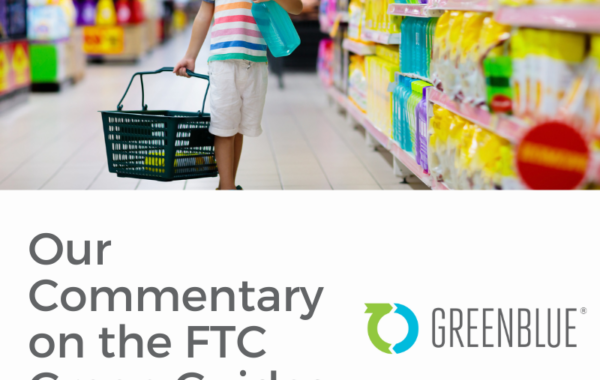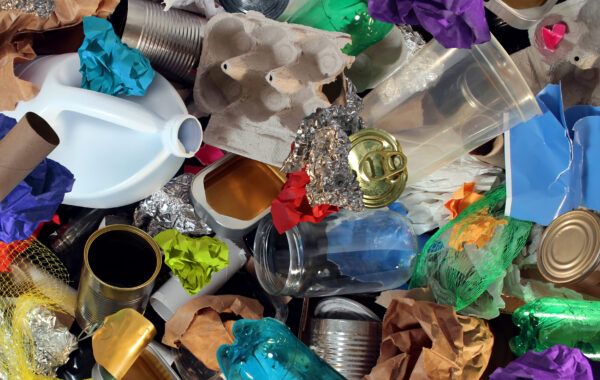December 1, 2015
CHARLOTTESVILLE, VA – December 1, 2015 — The Sustainable Packaging Coalition (SPC) has released a formal position paper against biodegradability additives for petroleum-based plastics, which are marketed as enhancing the sustainability of plastic by rendering the material biodegradable. The SPC has evaluated the use of biodegradability additives for conventional petroleum-based plastics, and has found that these additives do not offer any sustainability advantage and they may actually result in more environmental harm.
The position paper lists the following reasons for the stance against these additives:
- They don’t enable compostability, which is the meaningful indicator of a material’s ability to beneficially return nutrients to the environment.
- They are designed to compromise the durability of plastic and the additive manufacturers have not yet demonstrated an absence of adverse effects on recycling.
- The creation of a “litter friendly” material is a step in the wrong direction, particularly when the material may undergo extensive fragmentation and generation of micro-pollution before any biodegradation occurs.
- The biodegradation of petroleum-based plastics releases fossil carbon into the atmosphere, creating harmful greenhouse gas emissions.
“We strongly urge companies and government agencies to separate facts from misleading marketing language and help us generate the understanding that plastics are more sustainable without biodegradability additives,” said Adam Gendell, Senior Manager of the Sustainable Packaging Coalition. “We’ve been disappointed by the uptake from brands and manufacturers, as well as governments mandating their usage in other countries, and we’re hopeful that our position will help inform better decisions.”
This formal position coincides with the recent Federal Trade Commission’s ongoing crackdown on false and misleading environmental claims, including five enforcement actions that specifically address biodegradable plastic claims. While the FTC action centers on the efficacy of the additives and their ability to work as advertised, the SPC’s stance is centered on the idea that the additives do not provide environmental benefits even if they do work as advertised.
We feel strongly that the most ideal end-of-life scenario for petroleum-based plastics is recycling,” Gendell said. “There are ample opportunities for the sustainable usage of petroleum-based plastics, and we need solutions that help realize those opportunities. Unfortunately, biodegradability additives are not one of them.”
The full position paper is available for download here.
About the Sustainable Packaging Coalition
The Sustainable Packaging Coalition®, a project of GreenBlue, is a membership group that brings together business, educational institutions, and government agencies to collectively broaden the understanding of packaging sustainability and develop meaningful improvements for packaging systems. Through strong member support, an informed and science-based approach, supply chain collaborations and continuous outreach, the SPC endeavors to build packaging systems that encourage economic prosperity and a sustainable flow of materials.
For more information, visit www.sustainablepackaging.org or follow the SPC on Twitter @SPCspotlight.
Contact: Adam Gendell at adam.gendell@greenblue.org or 434.202.4790





